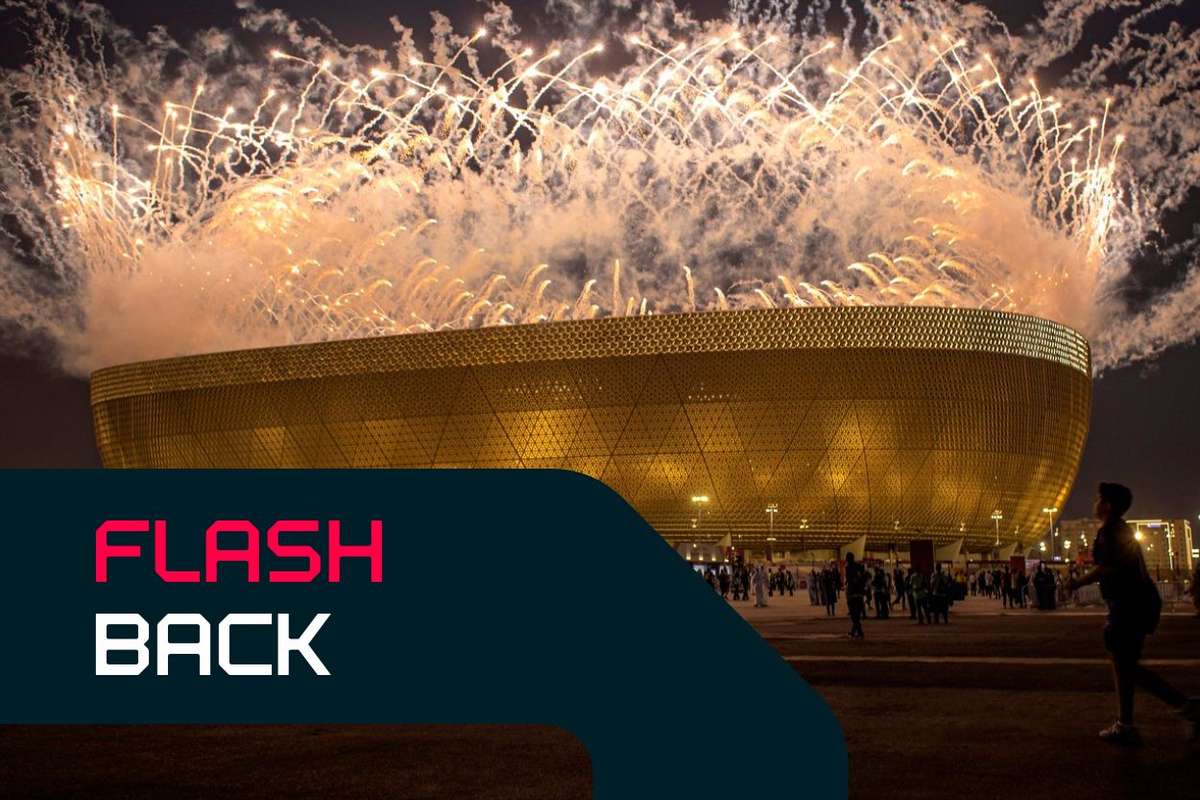
The 2022 World Cup was the 22nd FIFA World Cup. This tournament was the last with 32 participating teams, with the number being increased to 48 for the 2026 edition. To avoid the extremes of Qatar's hot climate, the event was held in November and December instead of during the traditional tournament months of June and July.
With 172 goals, the tournament set a record for the highest number of goals scored in the 32-team format, with every participating team scoring at least one goal, and the highlight of the entire month was the aforementioned final. Argentina were crowned the champions after winning the match against the title holder France on penalties following a 3-3 draw after extra time.
French star Kylian Mbappe became the first player to score a hat-trick in a World Cup final since Geoff Hurst in the 1966 final and won the Golden Boot with eight goals in total. Mbappe also became the first player to score in two consecutive finals since Vava of Brazil did the same in 1958 and 1962.
However, Mbappe was overshadowed by Lionel Messi, who "finally" won the World Cup and was named the tournament's best player.
With a record 1.5 billion people watching on television, the final became one of the most widely watched televised sporting events in history.
Qatar is a small country with a population of around three million, but it is a country with a lot of wealth. The Qataris could afford to host an event as big as the World Cup. Of course, they had to build the infrastructure to do so, so from 2010 (when Qatar were announced as hosts), eight stadiums in five Qatarian cities were built or renovated as the 2022 World Cup venues.
Infrastructure was one of the hotly discussed topics regarding the tournament. Of the eight stadiums, all but two have since been either dismantled or have been moderately or heavily modified.
The Stadium 974, made of shipping containers, should have been a positive example of sustainability. After the tournament, it was supposed to be dismantled and transported to another location, where it would continue to serve as a venue for football matches.
Stadium 974 was the first planned temporary venue in World Cup history. It is made from 974 recycled shipping containers, the number 974 itself being a reference to Qatar's country calling code.
The stadium was opened in November 2021 and hosted matches during the Arab Cup 2021 and the 2022 World Cup, after which dismantlement was planned with the stadium being moved to Africa or South America. However, this has not happened and the stadium rests abandoned at its original site.
But just a few days ago, in December 2024, Stadium 974 came back to life with football. Still in the same location, it hosted matches of the Intercontinental Cup 2024.
Stadium 974 , planned to be the world's first reusable stadium, still has a chance to fulfil its original intention. Hopefully, this remarkable stadium will not go down in history as yet another controversy at the World Cup in Qatar.
The 2022 World Cup final was held at Lusail Stadium, and today, December 18, 2024, exactly two years later, another final match will take place here again.
Lusail Stadium is the largest stadium in Qatar and the Middle East with a capacity of nearly 90,000. However, the plans are that the capacity of the stadium will be reduced by about half in the near future.
Tonight though, Lusail Stadium will be the big venue for a high-profile final again, playing host to the Intercontinental Cup clash between Real Madrid and Mexico's Pachuca
The match kicks off at 18:00 CET, and you can follow it on Flashscore.
Retrouvez nos conseils sur www.joueurs-info-service.fr (09-74-75-13-13, appel non surtaxé)

